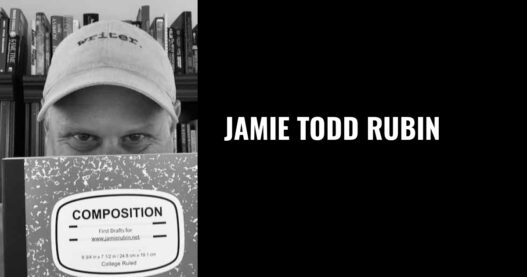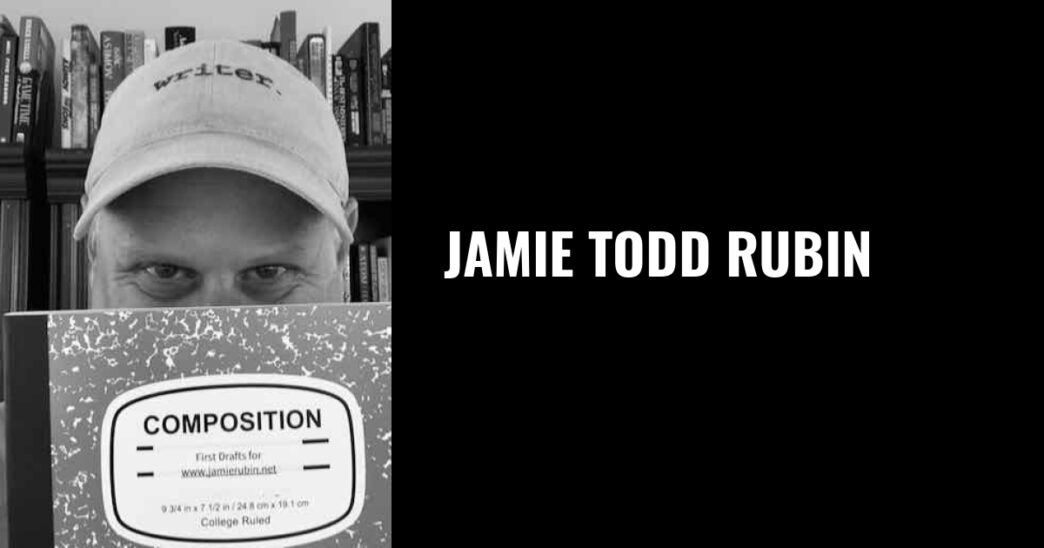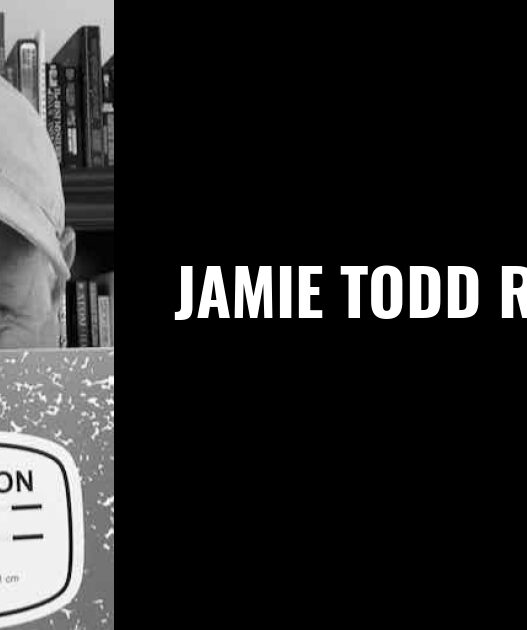I'm terrible when it comes to book ratings. I used to use them, but these days I've given up on them completely. I think of a 0-to-5 star rating as a bell curve where 3 stars fall right in the middle of the curve. If you get 3 stars, you are meeting expectations. Zero- and 5-star ratings are outliers, several standard deviations from the mean, and thus should be more rare than a 3-star rating. However, there are so many fingers on the scale1 of these rating systems that I really have to take them with a grain of salt.
That doesn't mean I don't look at the way others rate books, and collective ratings in places like Amazon often puzzle me because they sometimes diverge far from what I would rate a book, if I still used these systems.
Yesterday, for instance, I started reading Martin Gardner's2 autobiography Undiluted Hocus-Pocus. It wasn't long before I decided that I really loved it. And yet, I noticed on Audible it has a rating of 3.9 stars and on Goodreads it has 3.4 stars, both well below what I would rate it thus far.
An interesting question occurred to me while I was in the shower pondering this discrepancy3: Can an individual's book rating for a given book be predicted based on the graph of all other books a reader has read without knowing how those books were rated? Granted, if the reader has read very few books, this might not work well. But could a network of books—with nodes being category and directed edges being the order in which the books were read—be used to make a reasonable prediction of the book at hand?
I suspect this is to some extent how outlets like Amazon produce “Based on your reading…” recommendations. But all Amazon knows is that I purchased a book. It doesn't know if I've read the book4, let alone what order I've read it in. Order can be important. For me, at least, the butterfly effect of reading—flitting from one book to another as each book slightly (or dramatically) alters the choice of the next book—means that the order I read books in has great significance. So I wonder: if you knew the category and order of books read, and you had enough data, could you make a reasonable prediction of a rating of a given book based on that information?
Probably not, I suspect, because interest in a book does not necessarily correlate with enjoyment. That just leaves me back at my original question: why do some book ratings diverge so much from my own experience with a book? With so many fingers on the ratings scale, it is probably a meaningless question.
My own “rating” system is a little simpler. If I really like a book I'll note it as “recommended.” When friends ask about what books I'd recommend in a given subject area, I have an easy way of offering suggestions without worrying about a rating. But what does “recommended” mean? To me, a book I'd recommend is a book I myself would enjoy reading again.
















